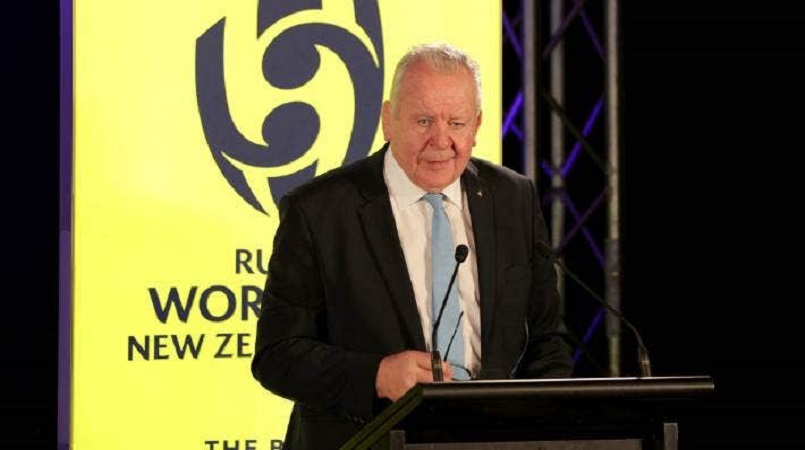
World Rugby are set to increase female representation on its boards, in the midst of an overhaul to their governance structure.
The game’s governing body on Friday (NZ time) released interim findings of an independent-led review into its operations, with a key recommendation being a target of at least 40 per cent of women making up their committees and “the promotion of women leaders in the sport”.
Last May World Rugby came under fire for appointing just one female to their executive committee of 12 for a second successive term.
While World Rugby’s global council has had female representation rise significantly in recent years, to now be 17 of 50 members, that balance is also now set to rise across all the body’s committees after unanimous backing was given to the set of reforms.
The wide-ranging review of the organisation was led by Sir Hugh Robertson, the British Olympic Committee chairman and former UK Olympics and Sports Minister. His working group consisted of independent experts, union and regional representatives and player reps from both emerging and established rugby nations.
The recommendations also include “the establishment of an ethics and conduct charter for elected officials”, “the introduction of a fit and proper person’s test for Council, EXCO and all standing committees under its jurisdiction” and “robust conflict of interest management process which protects the integrity and effectiveness of decision-making”.
That is designed to guard against a repeat of last year’s Francis Kean controversy, where the Fijian was stood down as a candidate for World Rugby’s executive committee due to his conviction for manslaughter in 2007.
Greater player representation on committees is also recommended “to ensure player-centric decision-making” and there will be “a continued focus on diversity, skill set, independence, capability and geographical representation when forming committees”.
The initial findings were endorsed after all unions, regions and the International Rugby Players (IRP) were invited to make submissions to the working group, which has also identified four other areas of further focus, notably the contentious classifying of national unions as either ‘tier one’ or ‘tier two’, which could potentially alter some funding and voting rights.
